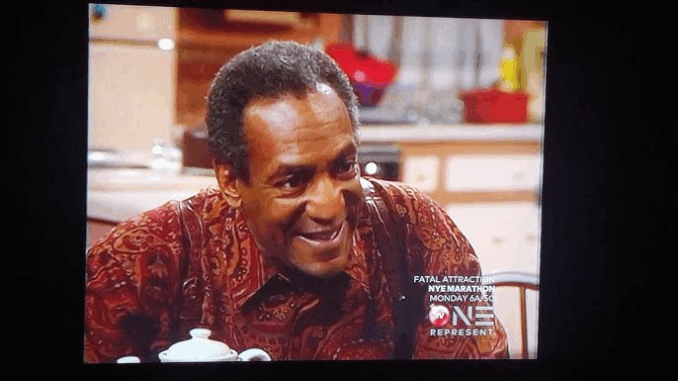
When The Cosby Show premiered in 1984, it wasn’t just a hit—it was a revolution. Beyond its comedy and heartwarming family moments, the show marked a cultural turning point in American television, changing how Black families were portrayed and perceived both in the United States and around the world. Its influence extended far beyond the screen, reshaping conversations about race, class, and identity in a society grappling with deep-rooted inequalities.
Redefining the Black Family on Screen
Before The Cosby Show, portrayals of African American life in mainstream media often leaned on harmful stereotypes: poverty, dysfunction, crime, or comic relief. While shows like Good Times and Sanford and Son had broken some ground, they still portrayed Black families within the context of struggle.
The Cosby Show offered something radically different: the Huxtables, an affluent, educated, and loving African American family living in Brooklyn. Their home was filled with jazz, books, art, discipline, and joy. The parents were professionals—a doctor and a lawyer—and their children faced relatable, everyday problems that transcended race.
This portrayal allowed Black viewers to see themselves in a more nuanced and aspirational light, and it allowed non-Black audiences to relate to and respect Black family life in a way that had rarely been possible on television before.
A Global Phenomenon
While The Cosby Show was an American production, its appeal was global. It was broadcast in over 100 countries, with dubbed or subtitled versions airing in Europe, Asia, Africa, and Latin America. In countries where Black communities were often invisible in media, the Huxtables offered a rare and dignified representation of Black excellence.
In post-apartheid South Africa, for example, the show became a symbol of hope and possibility. In France, it drew strong viewership and was praised for challenging racial stereotypes. Even in countries with limited racial diversity, audiences connected with the show’s universal themes of parenting, education, adolescence, and love.
Breaking Ratings Records
During its peak, The Cosby Show was the number one show in America for five consecutive seasons—a feat matched by very few television series in history. Its cross-generational appeal brought families together every Thursday night, and it consistently outperformed other network programs.
This popularity translated into power: it gave producers leverage to promote more diverse voices and opened doors for other Black-led shows, including A Different World, Family Matters, and eventually The Fresh Prince of Bel-Air. It shifted network perceptions about what audiences wanted to see—and who was capable of leading primetime.
Education, Culture, and Respectability
A recurring theme in the show was the importance of education. Whether it was Theo struggling with his grades, Denise trying to find her place in college, or the family attending historically Black college events, the show emphasized learning and ambition.
Bill Cosby, for all his later controversies, insisted that the characters speak proper English, respect their elders, and demonstrate cultural pride—particularly through references to jazz, African American literature, and civil rights history. This insistence on “positive” portrayal sparked both praise and critique. Some argued that it promoted a respectability politics that didn’t reflect the full diversity of Black experiences. Yet few denied the powerful cultural message it delivered during a time when TV lacked complexity in its Black characters.
A Complicated Legacy
Today, the legacy of The Cosby Show is inextricably linked to the crimes of its creator and star, Bill Cosby. His conviction and subsequent release from prison left a stain on what many once considered a model of progress. Networks pulled reruns, and public opinion became divided: Can we separate art from the artist?
While those debates continue, the show’s impact remains historically significant. It paved the way for modern shows like Black-ish, Insecure, Abbott Elementary, and Bel-Air, all of which explore Black life with nuance and diversity.
Conclusion: The Show That Changed the Channel
The Cosby Show did more than entertain. It educated, uplifted, and inspired a generation—Black and white, American and global. It made people laugh while subtly dismantling prejudices. And even amid the shadow of controversy, its cultural importance endures.
At a time when representation is still a crucial topic in media, revisiting the legacy of The Cosby Show reminds us of both the progress made and the complexity of how that progress unfolds. It was, and remains, a landmark in television history.
